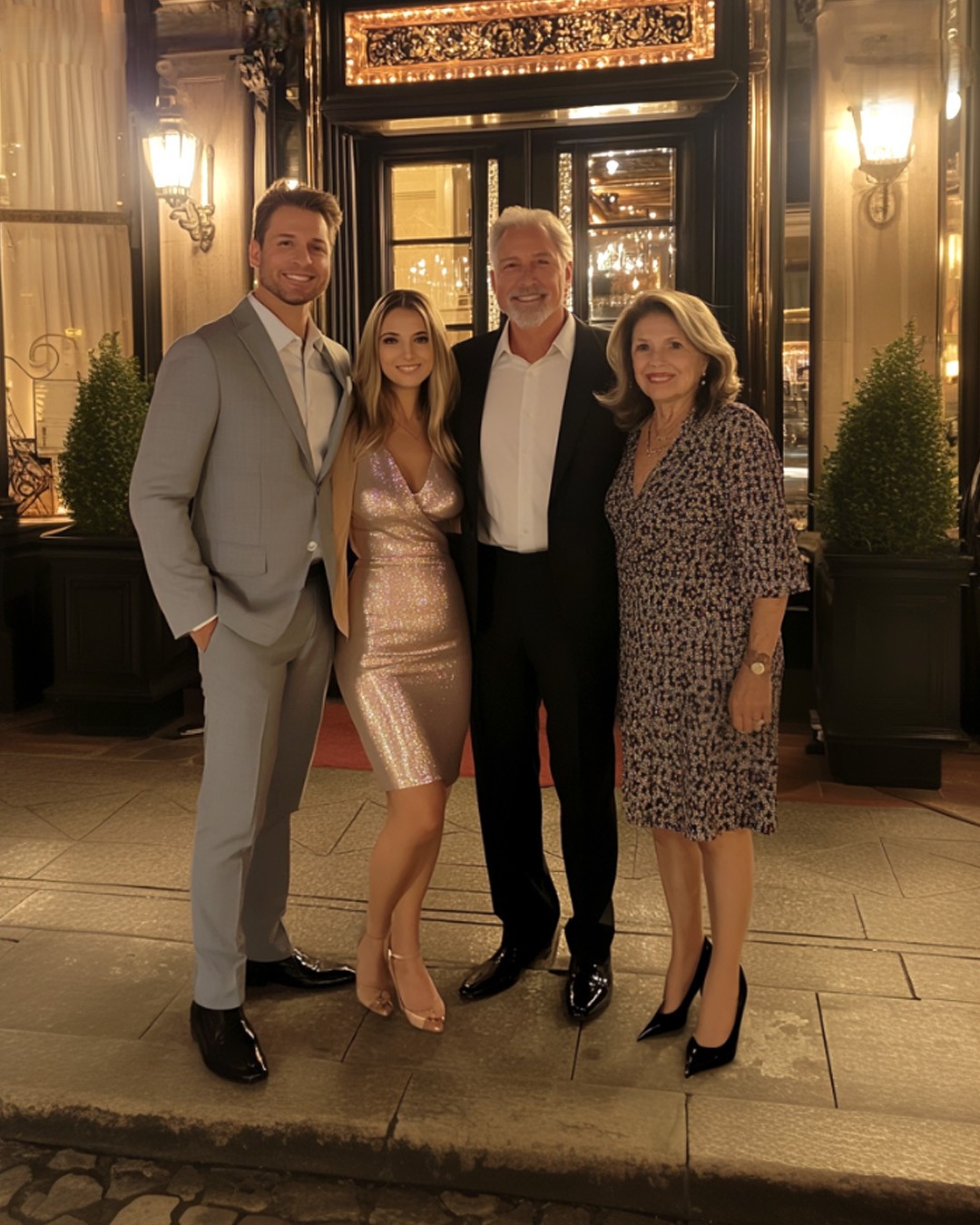I Got Engaged to a Perfect Woman, When I Met Her Parents for the First Time, I Canceled the Wedding

When I met Olivia, I thought she was the one. As a 31-year-old who had his share of relationships, meeting her seemed like a defining turn in my life. We connected over music at a concert, where her lively spirit was utterly magnetic. I was drawn to her joy and energy, and by the end of the night, we were planning our next date.
Our relationship blossomed quickly. Olivia was passionate, supportive, and brought excitement to every day. After four months, moving in together seemed like a natural step. Our lives meshed effortlessly, filled with cozy nights, laughter, and shared dreams. I loved her vibrant personality and the way she made every routine day feel special.
I was so enamored that, within eight months, during a concert by the same band where we met, I proposed. She accepted with a joyous ‘yes,’ and I was on cloud nine, believing I had found my forever partner.
However, things took a turn when I met her parents. We hadn’t interacted with our families much due to our whirlwind romance. Olivia described her parents as “fun and old-school,” which seemed harmless at first. During dinner with them, however, their true colors showed through in a way that left me stunned.
Her father, Richard, exuded a domineering presence, barely acknowledging me before delving into expectations for our future. He and his wife, Diane, outlined their vision of Olivia quitting her job to become a homemaker, with me supporting not just her but also contributing a “small amount” to their finances regularly. This wasn’t just a friendly dinner; it was a negotiation over my role as a financial provider under terms I had never agreed to.
As the dinner continued, Richard detailed further expectations: supporting a lifestyle of vacations and luxury for Olivia, purchasing an apartment from them, and eventually upgrading to a house that could accommodate them during visits. The list grew, and with each demand, my discomfort increased.
The surreal nature of the conversation was compounded by Olivia’s nonchalant agreement with her parents. It became clear that what I viewed as a loving relationship was seen quite differently by her family. They weren’t looking to welcome me as a son-in-law; I was a candidate for a role in their financial strategy.
The drive home was tense. When Olivia asked what I thought of her parents, I couldn’t mask my disillusionment. I told her that I couldn’t marry into what essentially felt like a business arrangement rather than a marriage based on mutual love and respect.
Our argument that night was intense. Olivia accused me of overreacting and being selfish, unable to see that my reservations were about wanting a genuine partnership, not a transaction. We couldn’t reconcile our views, and I ended up moving out shortly after.
Staying with my brother gave me the space to reflect. I realized that walking away was necessary. It wasn’t just about escaping an uncomfortable financial expectation; it was about honoring my values in relationships.
Olivia later tried to reconcile, framing our breakup as a mistake. However, her parents’ reaction to our split, more upset about losing a financial plan than their daughter’s broken engagement, confirmed my decision.
In the months that followed, I focused on rebuilding my life independently. I embraced hobbies, reconnected with friends, and learned that true love should complement your life, not complicate it.
This experience taught me a vital lesson: sometimes, the person you think is perfect for you isn’t the right one, especially if their love comes with conditions that betray your core values.